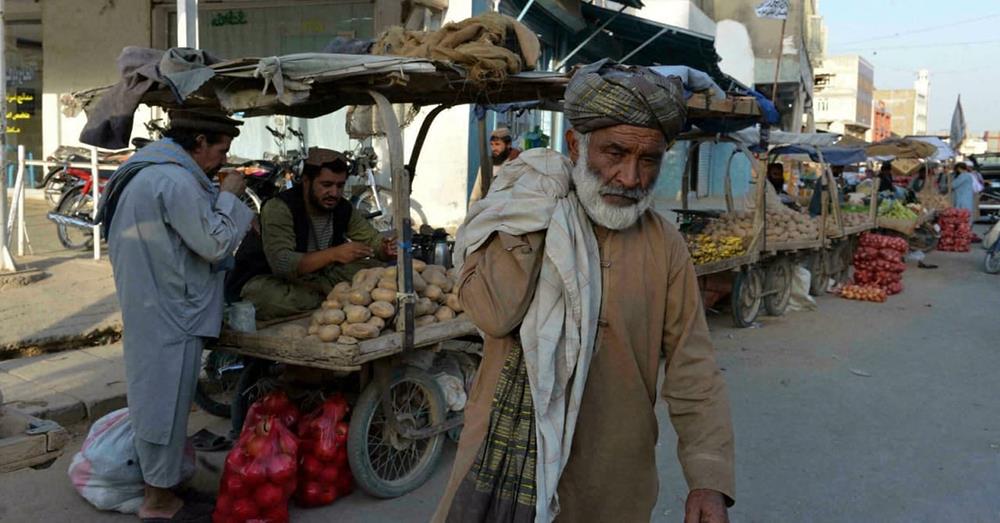DOHA, Oct 12 (AFP) - The Taliban held their first face-to-face talks with a joint US-EU delegation on Tuesday (Oct 12) in Qatar as Brussels pledged €1 billion (US$1.2 billion) in aid for Afghanistan.
At the Doha meeting and a conference of the world's major economies, the G20, the message for the Taliban was the same: the world is committed to humanitarian aid for Afghanistan's suffering people, and the country must not become a base for militants.
The European Union opened the virtual G20 summit by pledging the one-billion-euro aid package, including money for urgent humanitarian needs and Afghanistan's neighbours taking in Afghans fleeing the Taliban.
The hardline Taliban are seeking recognition, as well as assistance to avoid a humanitarian disaster, after they returned to power in August following the withdrawal of US troops.
EU Commission President Ursula von der Leyen said the assistance meant "to avert a major humanitarian and socio-economic collapse".
She stressed the funds are "direct support" for Afghans and would be channelled to international organisations, not to the Taliban's interim government, which Brussels does not recognise.
"We have been clear about our conditions for any engagement with the Afghan authorities, including on the respect of human rights," she said.
Italian Prime Minister Mario Draghi, who hosted the G20 talks, said they agreed to work together to provide humanitarian help for the Afghan people and that this must involve contacts with the Taliban.
"It's very hard to see how one can help the Afghan people ... without some sort of involvement of the Taliban government," he said.
The G20 includes the United States, EU, China, Turkey, Russia, India and Saudi Arabia, among others.
"Instead of responding and arguing ... we now have an awareness of this emergency and of the enormous responsibilities that the G20 has towards the Afghan people," he told a post-summit press conference.
US President Joe Biden was among leaders attending the summit. A White House statement said the leaders "discussed the critical need to maintain a laser-focus on our enduring counterterrorism efforts, including against threats from ISIS-K".
That was a reference to Islamic State-Khorasan, the Islamic State group's offshoot in the region, which is a bitter rival of the Taliban and has staged deadly attacks.
